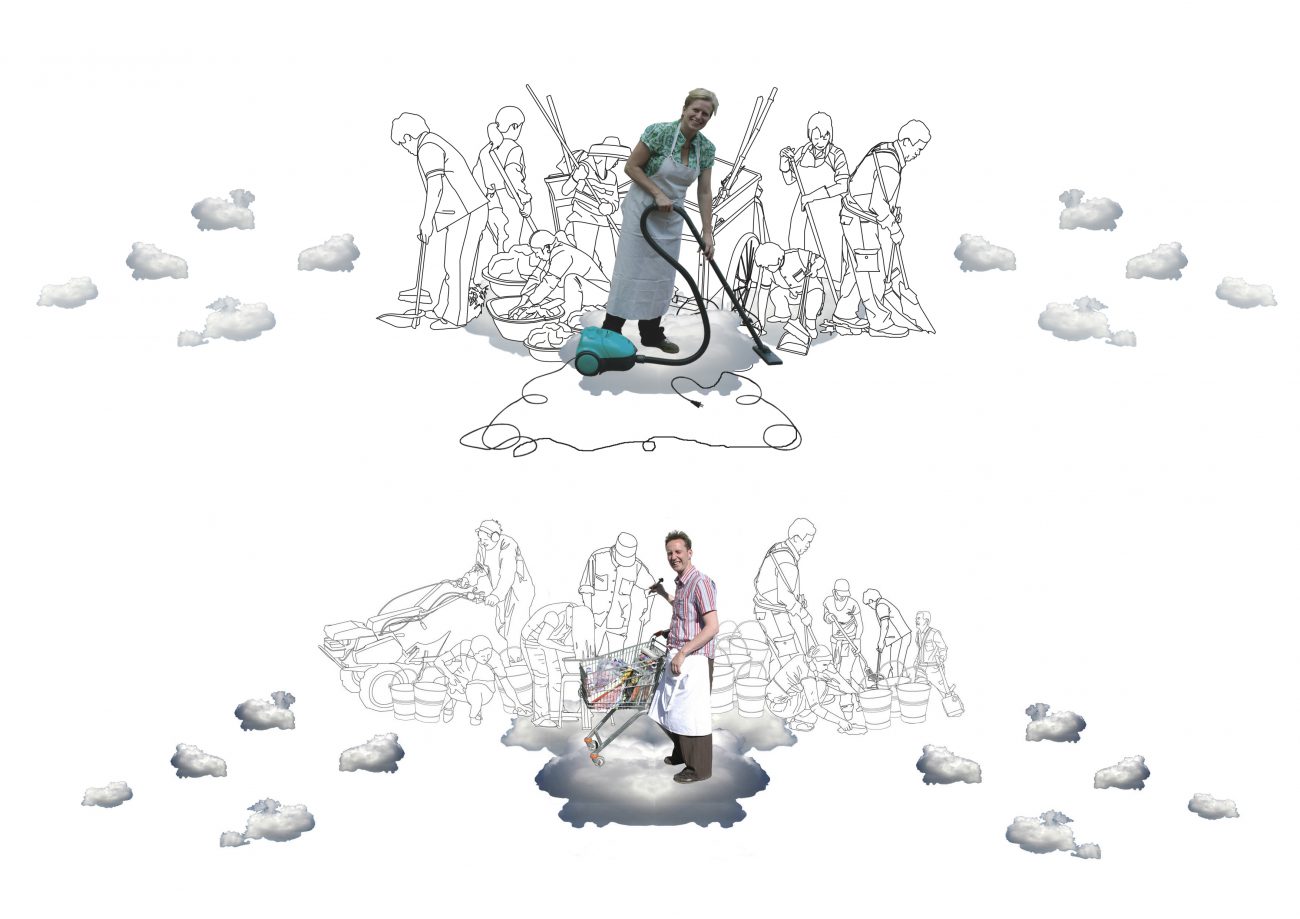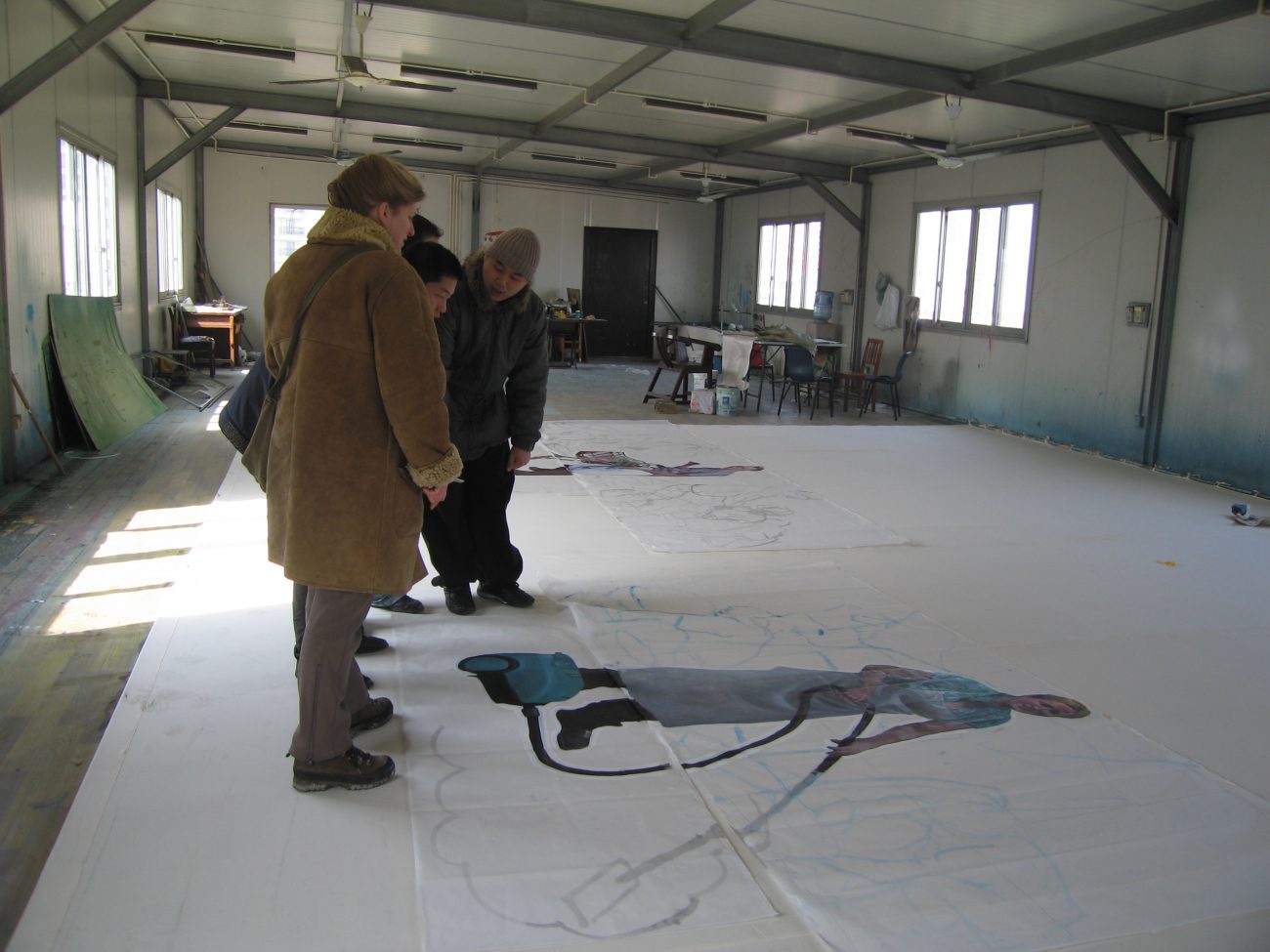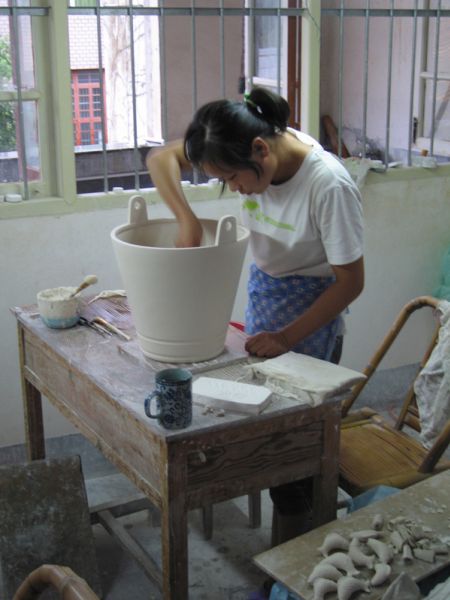
DUST • verb: dust; 3rd person present: dusts; past tense: dusted; past participle: dusted; gerund or present participle: dusting.
1. Fine, dry powder consisting of tiny particles of earth or waste matter lying on the ground or on surfaces or carried in the air. “the car sent up clouds of dust”. 2. Any material in the form of tiny particles. “coal dust”. 3. Remove the dust or dirt from the surface of (something) by wiping or brushing it. “I broke the vase I had been dusting”.
Synonyms: fine powder, fine particles, wipe, clean, buff, brush, sweep, mop.
Origin: Old English dūst, of Germanic origin; related to Dutch duist ‘chaff’.















4044 Cleanliness is next to Godliness
In today’s Western society, time has become an expensive commodity that leads us to demand everything to be low-maintenance and easy to clean. There is an urgent need for a new appreciation of the care and devotion involved in housework.
In China, Communist propaganda posters used to feature smart, well-groomed workers with radiant smiles. Appreciation of the value of cleaning could be similarly promoted by producing cleaning tools in luxurious materials, adorned with delicate visual images that convey a message of appreciation and care for objects around us.